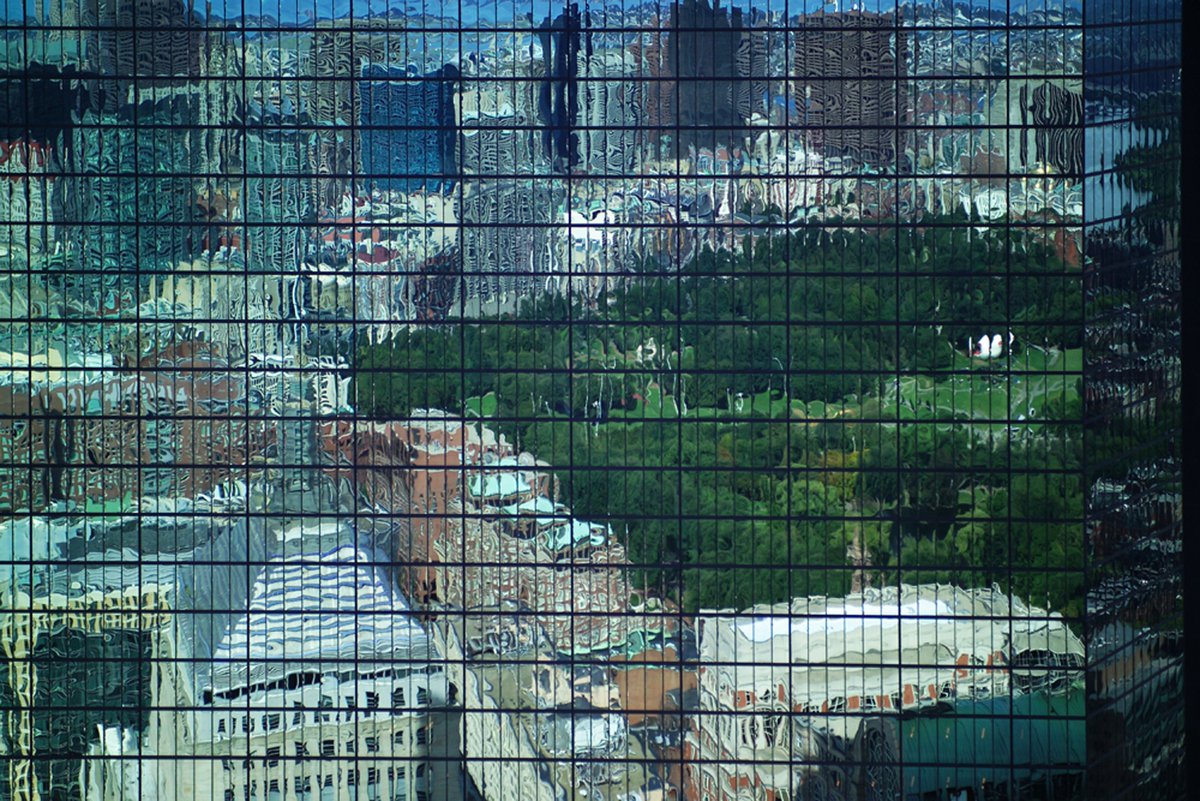
December 4, 2018, 7:00 p.m. to 8:30 p.m.
The Great Hall, The Cooper Union, 7 East 7th Street, New York
"Architecture,” Henry Cobb writes, “is caught in a conflict. On the one hand, it is impossible for architecture to ignore the ethical obligation stemming from the fact that buildings are intended to be useful. On the other hand, it is fatal for architecture to become trapped in the condition of being merely useful. From the ethical perspective, architecture is contaminated by its art status, while from the artistic perspective, it is contaminated by its use status. Yet this is precisely what makes our art so important in the culture: Every work of architecture is inescapably enmeshed in the systems of power and standards of ethical conduct from which its art status demands with equal insistence that it be liberated. The reconciliation of these seemingly irreconcilable demands precisely defines, in my view, the ultimate task of the architect.”
How do architects address this predicament?
On December 4, a panel of influential practitioners and educators will offer their views, using as a springboard the recently published book, Henry N. Cobb: Words & Works 1948–2018. Nader Tehrani will instigate the discussion with historian Joseph Connors and architects Cobb, Preston Scott Cohen, and Marion Weiss.
photo: Peter Vanderwarker
